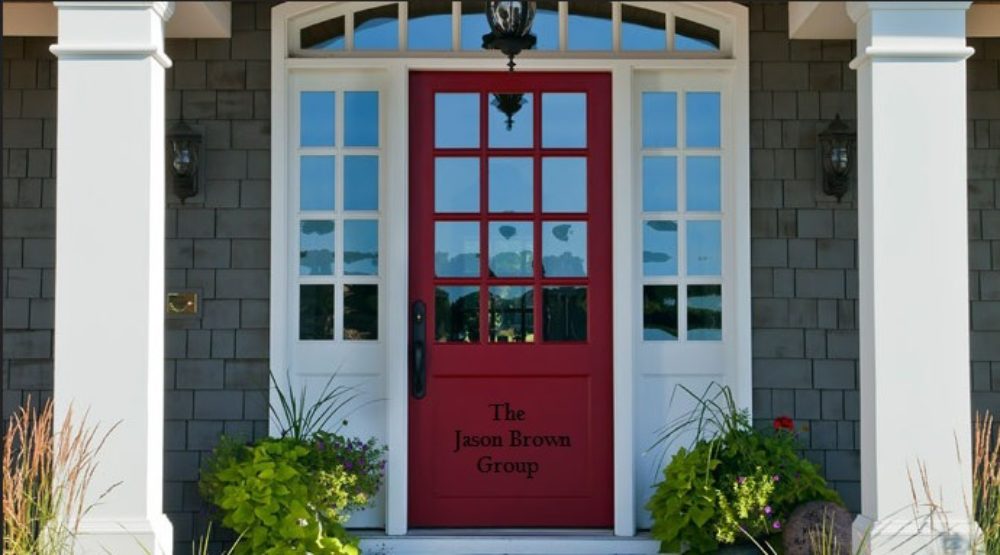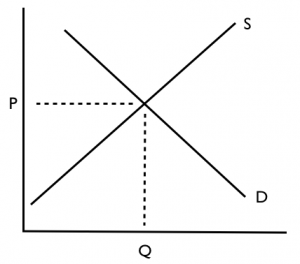Checking The Pulse Of The Kansas City Real Estate Market
If you’re selling your home, it’s easy to get caught up in the euphoria once you get your home under contract. Same goes for home buyers. It’s understandable to feel a sense of accomplishment because you really have achieved a critical step in the real estate process. But while many sellers and buyers will already be envisioning the real estate closing, a real estate agent is focused on something much more pressing… the home inspections.

The inspection process can derail the process quicker than most people realize. That’s why we advise our sellers to hold off on the celebration until we’re through the 10 day inspection process. Our buyer’s agents advise our buyers to do the same. I’ve heard many agents over the years say they dread the inspection process because so many of their deals fall apart at that point. That surprises me because we very rarely have a deal fall apart at the inspection process. The process can be worked through methodically and a resolution achieved that is satisfactory to both buyer and seller.
The formula for success in getting through the inspection process will vary from transaction to transaction, but generally I find there’s 6 key components. The first is having a competent home inspector who is capable and willing to take the time to explain the defects put in their report. The second is having a reasonable buyer who understands that minor items can be fixed on their own. The third is having a good buyer’s agent who who will explain to the buyer that asking for trivial items could lead to winning the battle but losing the war. A buyer’s agent will also be a great resource to help a buyer locate professionals who can take care of minor issues after closing.
The fourth component is having a reasonable seller who understands a home inspector is going to look the home over with a critical eye that the buyer and buyer’s agent aren’t able to do and will uncover things that the seller had no idea was wrong with their home. The fifth competent is having a listing agent who explained to the seller that there WILL be items come up that have to be repaired. This needs explained to the seller BEFORE they sign the contract and go under contract. Otherwise the seller will now feel they are being beat down after the fact. A listing agent can also provide a seller with professionals who can handle repairs at a reasonable price.
The sixth component is having a home that’s in good condition. If the home is in terrible shape, the home inspection process could be very trying for everyone involved. Because even if a buyer limits their requested repairs to mechanical, structural, health and safety issues with the home, the list could get very long if the home is in poor condition and/or has had a lot of deferred maintenance over the years. But even those situations can be overcome in most cases and a satisfactory resolution achieved that keeps the transaction moving on towards the closing… which is what the buyer and seller really wanted when they went under contract.
Posted by Jason Brown








38.982228-94.670792










